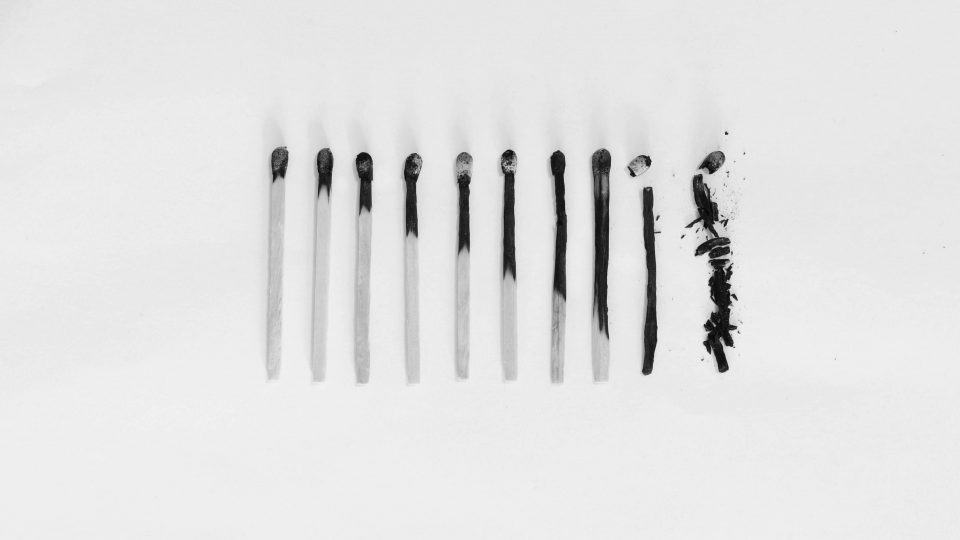Many Canadians are experiencing excessive mental and emotional distress due to the Coronavirus pandemic, which can lead to exhaustion and what we’re calling Covid burnout. In my private practice, some clients are presenting with symptoms of burnout, but unsure why that’s happening while they haven’t been directly affected by the virus.
How Can a Virus Cause Burnout in Relatively Healthy Individuals?
“We’re not all in the same boat, but we’re all in the same storm.”

We’re all experiencing impacts of the Coronavirus pandemic. For many, this is the direct loss of life or health, livelihood, wealth and separation from loved ones. Those are direct impacts. However, there are indirect or nonconscious impacts, including fatigue and the stress caused by uncertainty and anxiety, that can cause burnout (i.e. prolonged physical, emotional and mental exhaustion).
For many if not all of us, the mind is preoccupied with ongoing worry about the threat of the virus, how to manage and adjust one’s life accordingly, and uncertainty about the future. Processing all of this, particularly the unending uncertainty, can cause mental fatigue and burn a lot of the body’s energy.
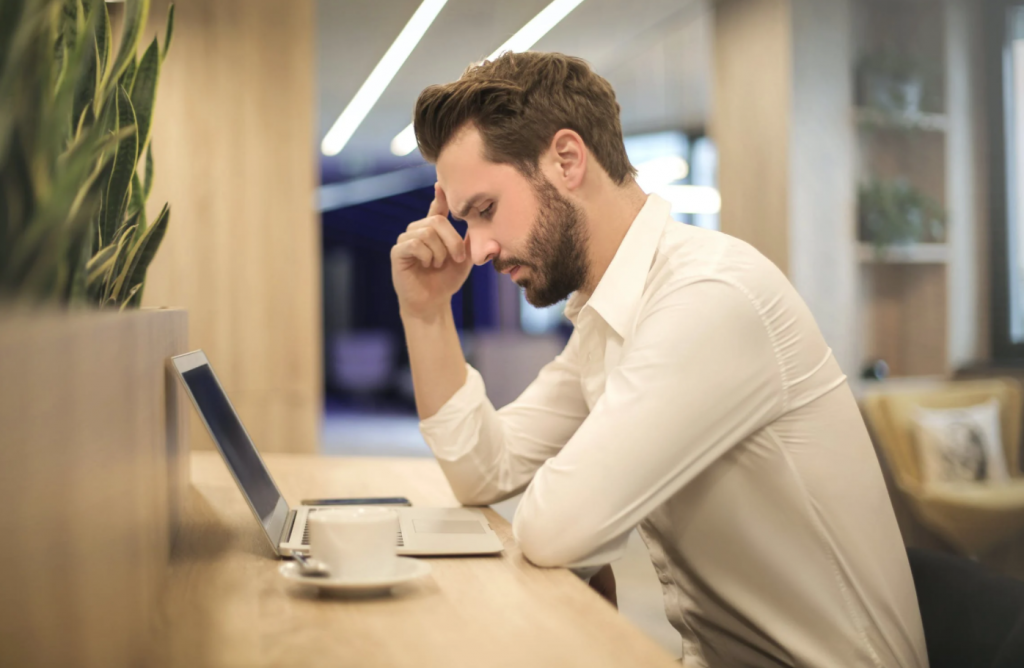
The body’s hypothalamic pituitary adrenal (HPA) axis, responsible for readying the body to fight threats, is continually readying the body to fight the threat of the novel Coronavirus. Normally this would end, but the threat has continued for months, so for many, the HPA axis is in overdrive. In other words, the system that’s designed to raise a healthy dose of anxiety to protect the body, may keep the body in a constant state of anxiety due to the ongoing threat of the virus. Prolonged anxiety also leads to exhaustion and eventual burnout.
In addition, individuals may be affected or triggered by the anxiety of others, including tension, irritability and worry, which may intensify their own. So, perhaps without realizing it, many are considerably more exhausted and anxious than usual, and burning out slowly.
How to Tell If You Have Covid Burnout:
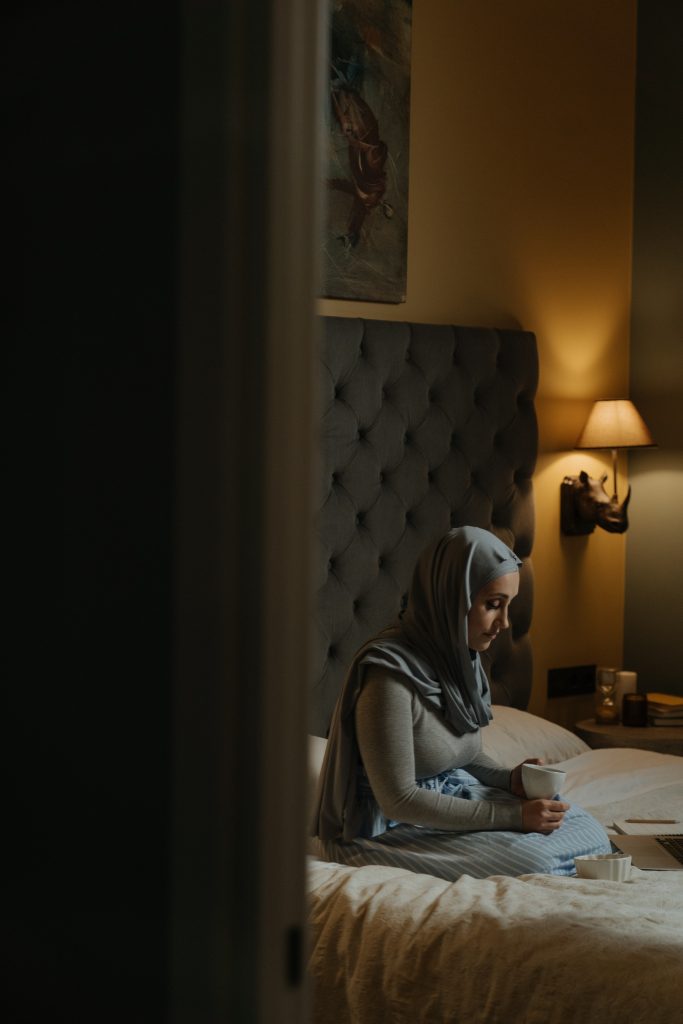
Signs of Covid burnout include:
– excessive fatigue
– apathy
– irritability
– difficulty focussing on or completing work
– poor sleep
– nightmares
– changes in appetite
– aches, pains and inflammation
– isolating
– a depressed mood
– loneliness
– picking up addictions or unhealthy habits
– an inability to cope
– a loss of a sense of purpose
Can you relate to any of these?
In Denial of Covid Burnout
Some are confused about why they’re experiencing symptoms of burnout.
For example, some of my clients are experiencing fatigue, irritability (a short fuse), more conflicts with those around them, a loss of focus and some are experiencing memory loss. When I mention that they may be experiencing some Covid burnout, they wonder how that’s possible. It seems to me that they’re confused for 3 reasons:
- They’re in denial of how much their lives have changed due to the pandemic
- They think that they have it good, and much better than most, so can’t be exhausted by an invisible virus that they haven’t actually contracted
- They’re still able to function, so they’re not sure where the burnout comes in (it’s normally difficult to identify burnout anyway)
These reasons are understandable. Many of us do have it “good”, really good. And while the pandemic has changed so much about life, we’ve found ways to manage. However, burnout can impact life significantly, so it’s worth addressing before it really sets in.
First, I invite you to work through the denial. That’s always the first step in healing. Confront the problem, then work through it. Below I go over how we can work through our own denial about Covid burnout.
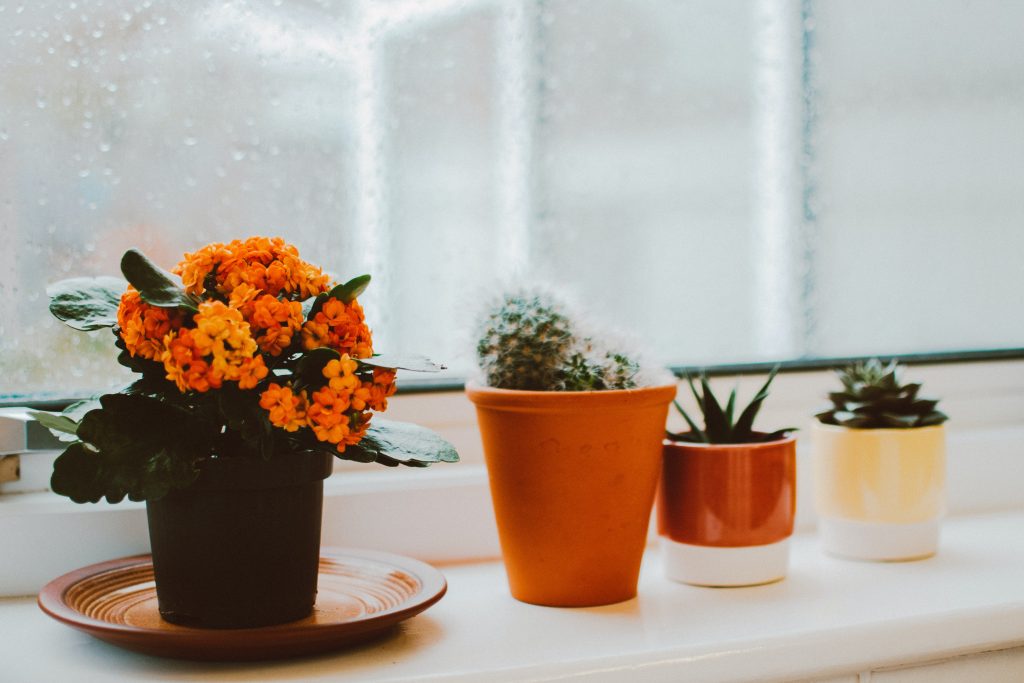
Accepting Covid Burnout
Life has changed radically
Ask yourself what’s changed since March 2020. Many will think of the pre- vs. post-pandemic environment (e.g. office vs. home, kids at school vs. kids at home), pre- vs. post-pandemic social life or pre- vs. post-pandemic financial situation. But what aspects of those pre-pandemic things do you miss the most? Who exactly do you miss the most? What about those places and things would make you feel productive, or light a fire beneath you? Many of us have lost the emotional and spiritual energy that we gained from those pre-pandemic situations, energy that would otherwise lead us through life’s difficulties. Exhaustion, then, is expected.
We have it good, but constant adjustment to the unexpected is tiring
Ask yourself how many adjustments you’ve made to your life since the beginning of the pandemic. Constant adjustment, particularly unexpected adjustments, requires a great deal of processing and experimenting, not to mention the worry that ensues about what’s to come. Even if you have the resources to adjust each time, the process of adjusting can be exhausting.
You can burn out at one end and not the other
Ask yourself if you’re functioning and also experiencing some of the symptoms above. It’s possible for your mind, which is powerful, to keep you functioning, while you’re still experiencing mental, emotional and physical anxiety and fatigue. So, you might be burning out without realizing it at all.

It’s possible to use your smarts to approach this a bit differently; to acknowledge the burnout, adjust and remain productive at the same time.
Steps to Deal with Covid Burnout
1 – Acknowledge the energy that you’ve lost and don’t replace, rejuvenate
What parts of your pre-Covid life generated emotional and spiritual energy for you? Experts are recommending exercise and hobbies to address burnout, but these generate physical and some emotional energy at best. Look at where you gained emotional and spiritual energy and try to bring them back into your life, rather than replace them with generic ideas. What relationships, environments and things did it for you? How can you improve those in a healthy and constructive way? Don’t replace, rejuvenate.
2 – Create room for change
In a pandemic, most people won’t take time to create room for change, they’ll just adjust to what’s most urgent and let things fall where they may. But under normal circumstances, if someone is going to make a major change in their life, they acknowledge that it requires a process (even if they do it suddenly nonetheless) of preparing, execution and follow-up. So, if you have the luxury of creating room for change, do it. This means:
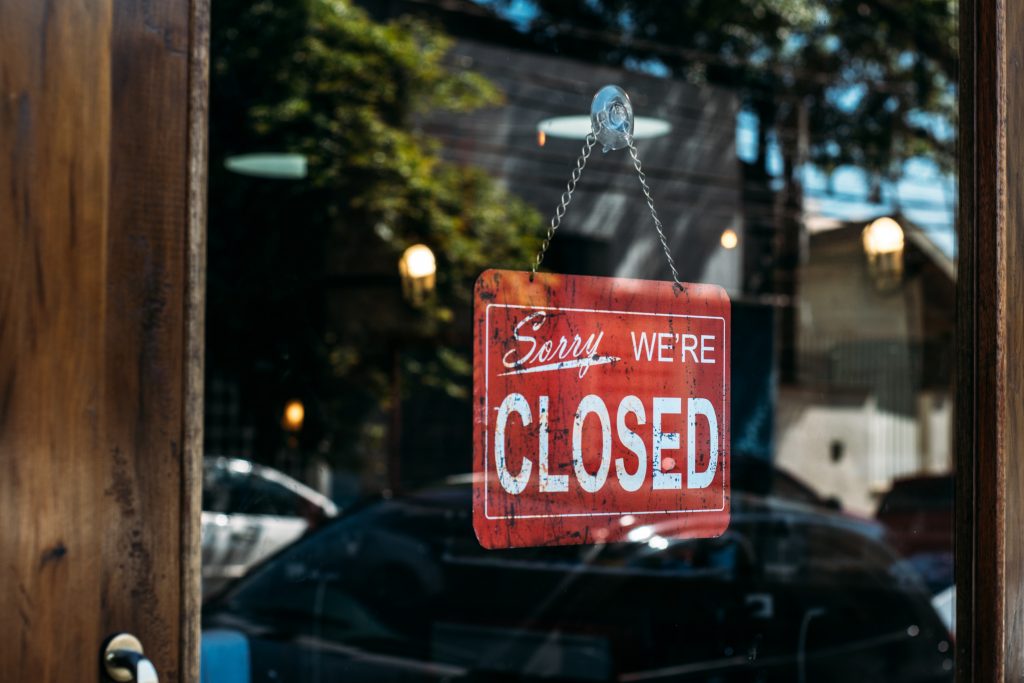
- Allowing things to take longer than normal, for yourself and others; notice if your anxiety or a short fuse is causing you to demand that things happen quicker instead
- Giving yourself and others permission to process things at different paces, because most people will have heightened tension, anxiety and fatigue; this includes big life issues and day-to-day matters
- Remove surplus stressors from your life that cause additional need for change; this includes new projects, event planning and getting into unhealthy relationships (with drama)
3 – Protect what brings you real rest.
Burnout requires rest. It’s as simple as that. Rest doesn’t mean new things that fill your mind and give your anxiety a focus (while bread-making and painting can be zen for some, it can raise anxiety for others). Rest is when your body and mind are at peace so your body can do it’s self-healing thing. Ask yourself what used to help you get your best rest or sleep before the pandemic, and protect that. For me, it was ending work on time at the end of the day. During the pandemic, I’ve reduced my work hours in order to prevent burnout.
Hopefully, you’ve gained a better understanding of what burnout is, whether you’re experiencing it, and a way to surrender to the reality of it without surrendering your productivity.
In order to address burnout, experts are also recommending:
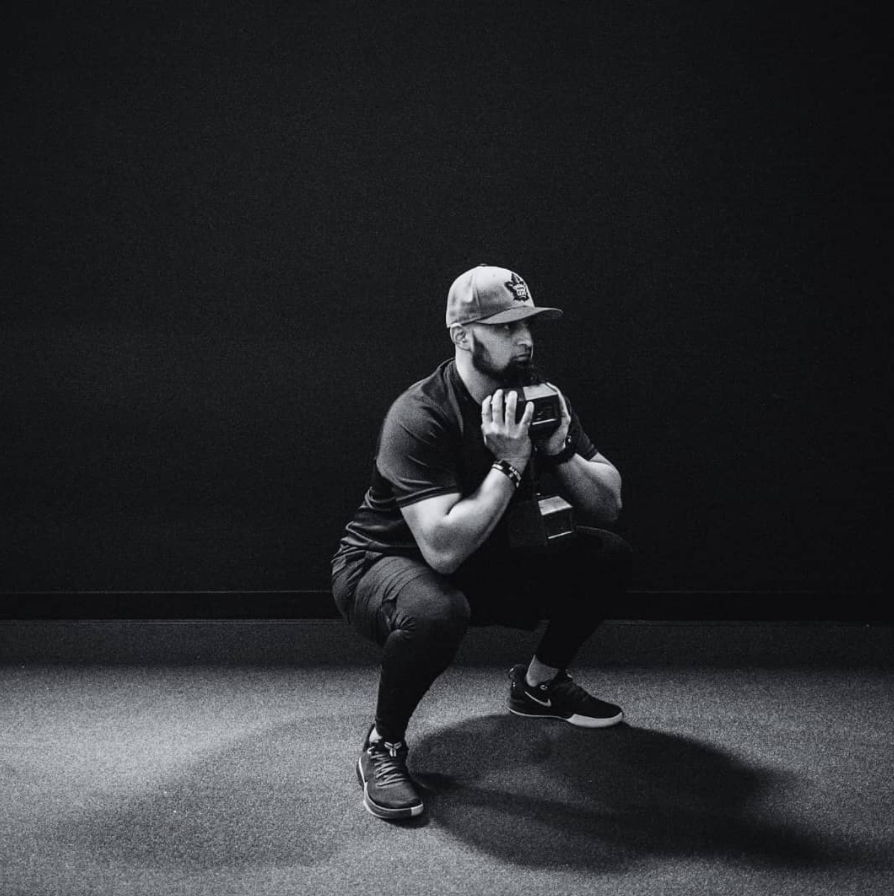
– regular exercise
– breathing and meditation practices
– improving diet and adding supplements
– sticking to routines
– cutting back on news and screen time
– connecting with loved ones
– picking up new hobbies
– finding purpose in new things
I also recommend these to my clients and I’ve been doing them myself. Yet I find that many individuals are using these techniques to de-stress, but burning out nonetheless. And many individuals who try them are unable to continue with them.
We’re still hugely stressed about questions like:
When will it end? What will it change in my life?
How long will these restrictions and adjustments last?
Will I get the virus, or lose loved ones to it?
Will I lose my job or savings?
But is it Enough? Spirituality Also Plays a Role
I think this is because we view Covid-19 as a massive problem and we view these strategies as coping mechanisms rather than actual solutions. At the back of our minds, there’s still a complex, seemingly unending problem that we can’t address, so the worry and anxiety persists despite the actions we take to ease our stress.

I believe that there is an opportunity for real burnout recovery, but it’s not in cognitive or behavioural solutions. I believe that real burnout recovery lies in a spiritual or existential solution. More on that later.


